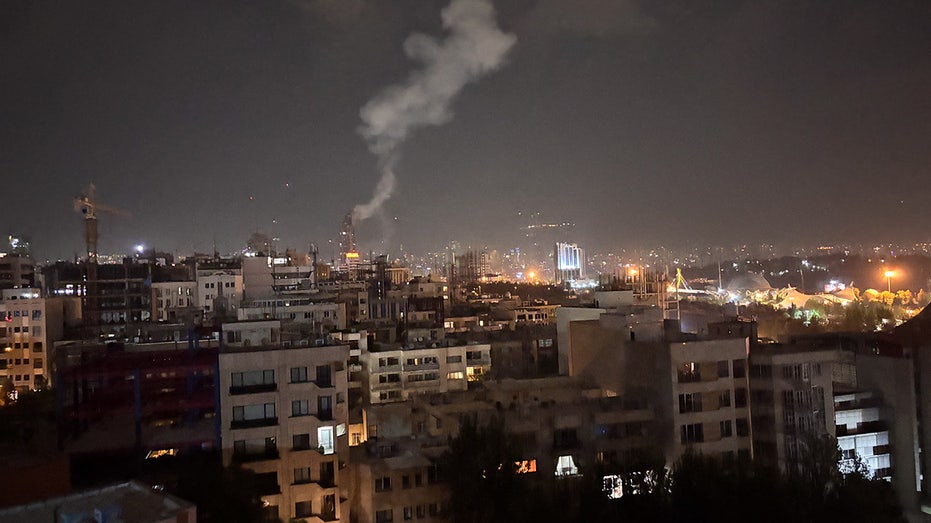ExxonMobil CEO Darren Woods said there is sufficient supply in the global oil market to withstand any supply disruption to Iranian exports.
“There’s enough spare capacity in the system today to accommodate any Iranian oil that comes off the market,” Woods told Fox News’ Bret Baier on “Special Report,” adding that “The bigger issue will be if infrastructure for exports or the shipping past the Strait of Hormuz is impacted.”
Woods was referring to how the market is more concerned about the ongoing conflict between Israel and Iran disrupting the Strait of Hormuz, which is located between Oman and Iran, and considered the world’s most important oil chokepoint, according to the Energy Information Administration (EIA).
OIL PRICES SPIKE AFTER ISRAEL’S STRIKES ON IRAN
Iran produces 3.3 million barrels per day of crude oil and exports about 1.6 million barrels per day of crude oil, which accounts for less than 2% of total global demand, according to Andy Lipow, president of consulting firm Lipow Oil Associates.
It’s also a fraction of the oil that flows through the Strait of Hormuz. In 2024, the oil that flowed through the waterway, which connects the Persian Gulf with the Gulf of Oman and the Arabian Sea, averaged 20 million barrels per day, the equivalent of about 20% of global petroleum liquids consumption. To complicate matters, there are also very few alternative options to move oil out of the strait if it is closed.
Oil prices soared on Friday as the market after the Israeli Defense Forces (IDF) launched a sweeping strike on Iran’s nuclear facilities and military leaders. U.S. West Texas Intermediate prices reached $72 a barrel as the strikes raised concerns on Wall Street that escalating tensions between Israel and Iran could disrupt Iranian energy supplies.

TRUMP ADMINISTRATION TO OPEN 13 MILLION ALASKA ACRES TO MINING, DRILLING
However, prices began to cool as export capacity was spared in the attacks.
“I think quite purposefully, to not disrupt the oil supply,” Woods said.
The loss of Iranian oil to the market could raise prices by up to $7.50 per barrel, but if oil exports through the Strait of Hormuz are affected, prices could climb to $100, according to Lipow.
Retaliatory targets for Iran that could have the greatest impact on prices are oil tankers headed to the U.S. through the Strait of Hormuz, he added.
| Ticker | Security | Last | Change | Change % |
|---|---|---|---|---|
| XOM | EXXON MOBIL CORP. | 114.02 | +1.54 | +1.37% |
Israeli missiles hit Iran’s Shahr Rey Refinery near Tehran, which has a capacity of 225,000 barrels per day, and the Shahran fuel depot near Tehran, Lipow said.
In total, Iran has 11 refineries with a combined 2.5 million barrels per day of oil refining capacity.

Iranian missiles hit Israel’s Haifa refinery, which has a capacity of 197,000 barrels per day. Israel has two refineries with a combined 300,000 barrels per day of refining capacity.
Read the full article here












